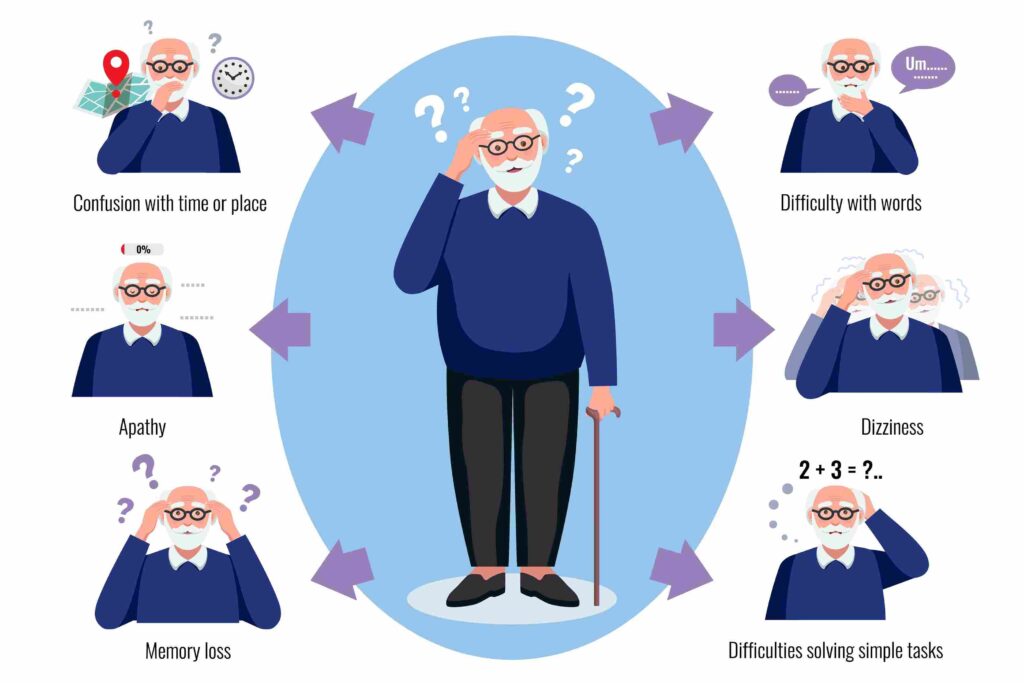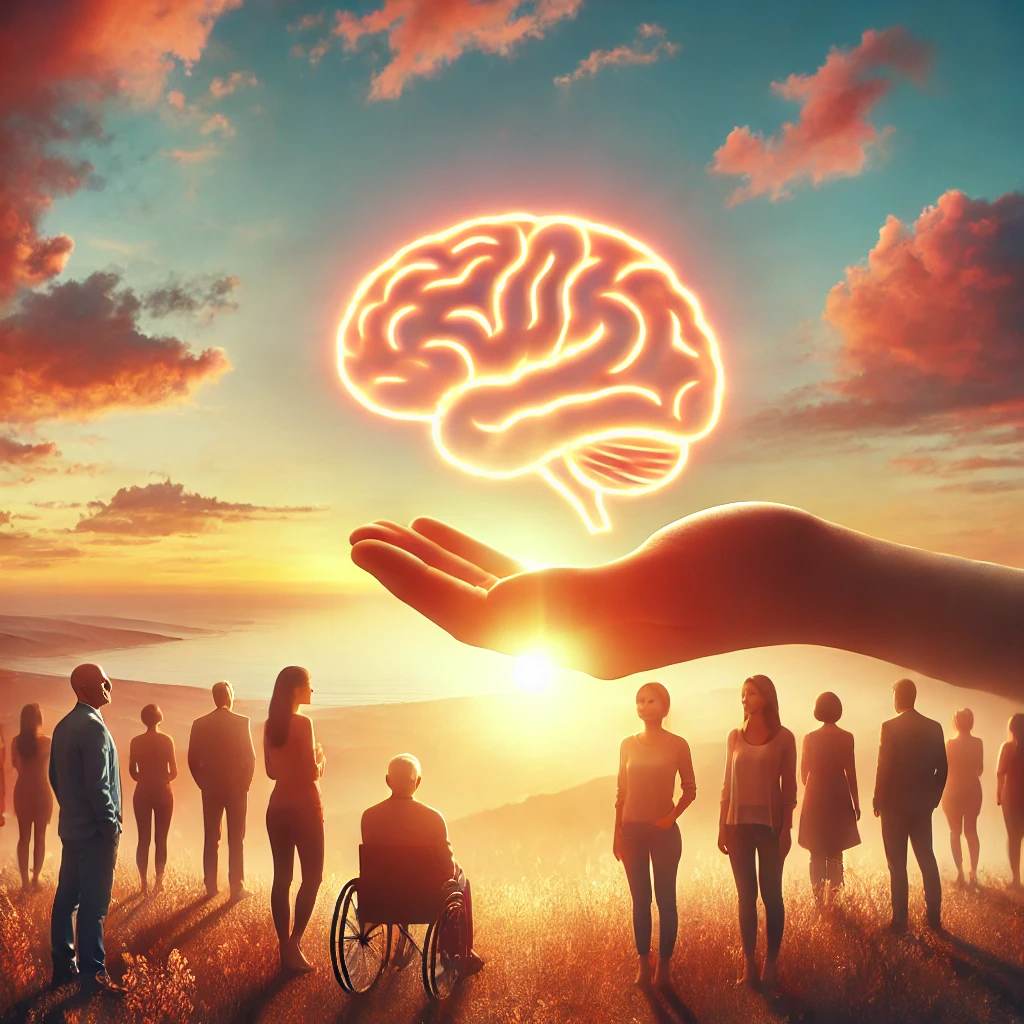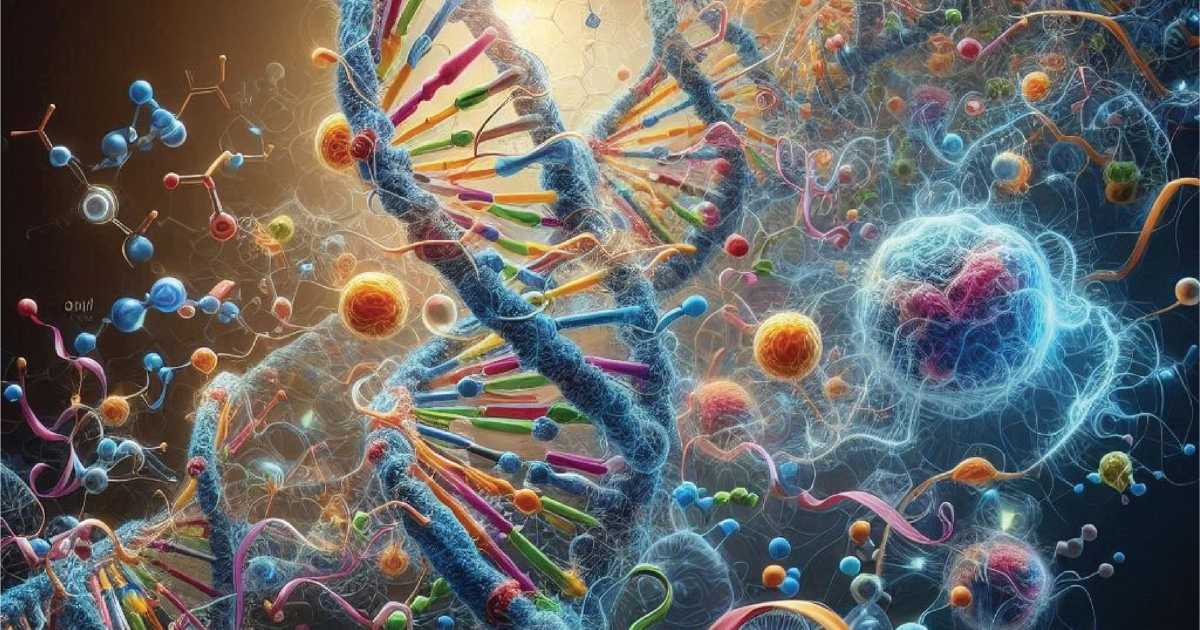Dr. Soumya Singh

In the journey of life, memories serve as our most cherished possessions, but what happens when these precious recollections begin to fade? Alzheimer’s disease, named after the pioneering work of German psychiatrist Alois Alzheimer in 1906, casts a shadow over the lives of millions worldwide. This neurodegenerative condition dismantles the intricate architecture of the brain, leaving behind a trail of cognitive decline and emotional turmoil. But amid the challenges lie remarkable innovations that offer hope and promise for those affected by this debilitating disease.
Understanding Alzheimer’s: From Proteins to Genetics
At the heart of Alzheimer’s lies a complex interplay of factors, from the accumulation of abnormal protein deposits to genetic predispositions and age-related vulnerabilities. Beta-amyloid plaques and tau tangles disrupt the delicate balance of communication between brain cells, triggering a cascade of degenerative changes. Genetic mutations in genes such as APP, PSEN1, and PSEN2 amplify the risk, while chronic inflammation, oxidative stress, and vascular factors further contribute to the disease’s progression.
Unravelling the Symptoms: Navigating the Three Stages
Alzheimer’s unfolds through three distinct stages, each marked by its own set of challenges and complexities. In the mild stage, individuals grapple with memory loss and cognitive impairments, while the moderate phase heralds deeper cognitive decline and behavioural changes. Finally, in the severe stage, profound memory loss and physical debilitation cast a shadow over every aspect of daily life.
Diagnosis and Treatment: A Glimmer of Hope

Despite the absence of a cure, diagnosis and treatment modalities offer avenues for managing symptoms and enhancing quality of life. Advanced imaging techniques and cognitive assessments aid in early detection, while medications like cholinesterase inhibitors and memantine help regulate neurotransmitter levels. Non-pharmacological interventions, including cognitive stimulation therapy and behavioural support, form essential components of holistic care.
Harnessing Technology: Empowering Lives
In the digital age, technology emerges as a powerful aid for the fight against Alzheimer’s. Avatar-based caregiving services provide companionship and support, easing the burden on family caregivers. Smart home sensors offer real-time monitoring and alerts, ensuring the safety and well-being of individuals living with Alzheimer’s.
Innovative Therapies: Pioneering Paths Forward
Recent breakthroughs in Alzheimer’s research unveil a tapestry of innovative therapies, from targeting inflammation to unravelling molecular mysteries. Companies like Coya Therapeutics pioneer therapies that enhance immune function, while new drug targets offer tantalising prospects for disease modification. Peptides and oral inhibitors hold promise in disrupting neurodegenerative pathways, offering renewed hope for individuals and families grappling with Alzheimer’s.
Towards a Brighter Future

As we embark on Alzheimer’s & Brain Awareness month in June, the horizon shines bright with promise and possibility. Collaborative efforts across disciplines propel us forward, driving innovation and discovery in the quest to conquer Alzheimer’s disease. With unwavering determination and collective action, we stand poised to transform the landscape of Alzheimer’s care and forge a path towards a future where memories endure and lives thrive.
Author’s Biography
Dr. Soumya Singh, Head of Partnerships at InnovatioCuris, is a healthcare expert with a postgraduate degree in Health and Hospital Management and a background in dentistry. Her articles provide valuable insights into healthcare administration and innovation.

